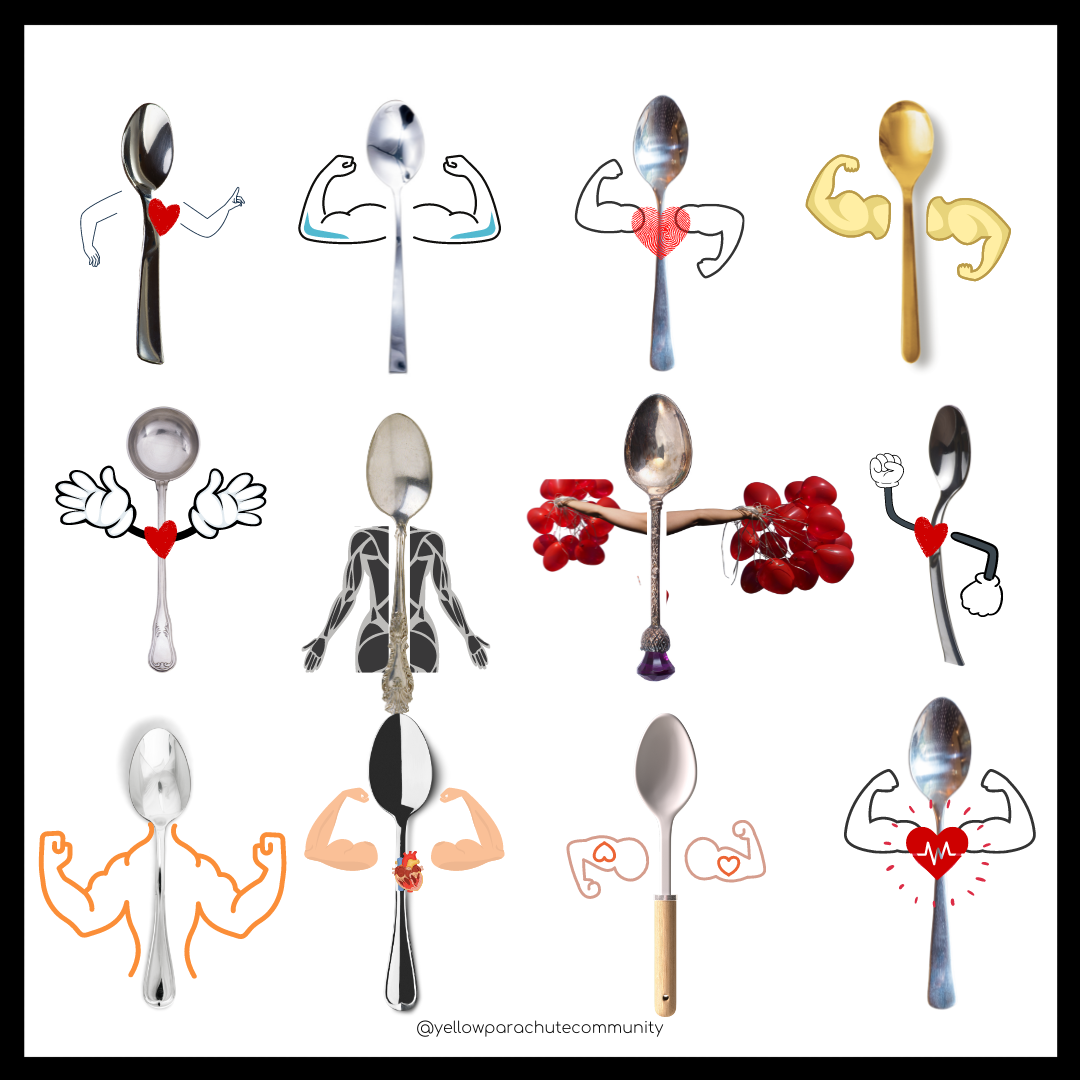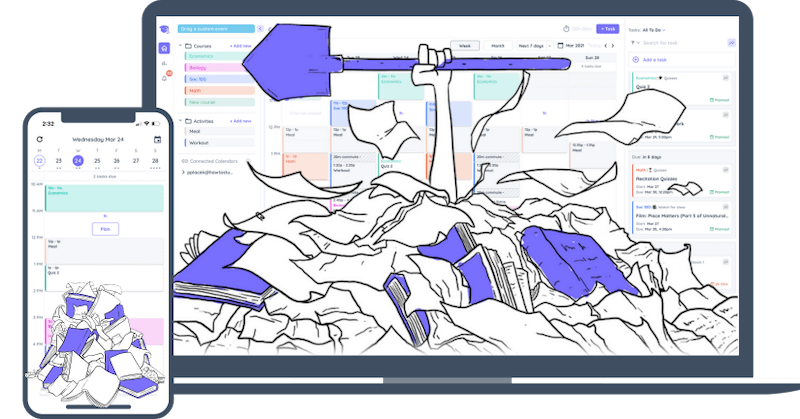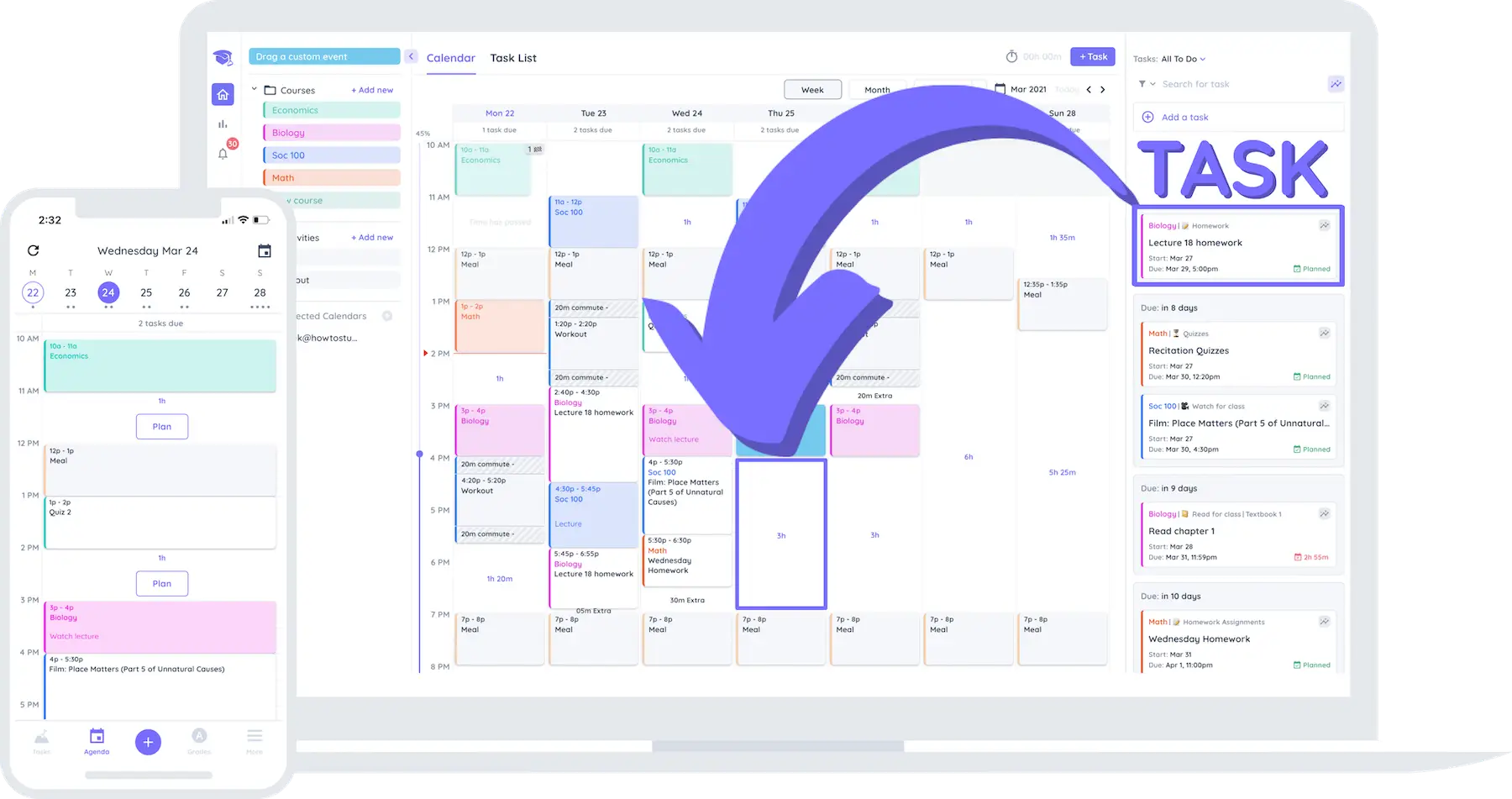This story is based on a real conversation between two friends who were catching up at a local diner.
Using spoons as a unit of energy, one friend shared her experience of how her autoimmune disease has affected her every day, even though people haven’t been able to tell she is sick by looking at her.
Taking a handful of spoons out of the silverware holder and placing them in a pile on the table, she explained that each day she started with a certain number of spoons, and every task she did—no matter how small—cost her one or more spoons.
Getting out of bed, taking a shower, getting dressed, all these activities that most people took for granted could deplete her energy tank quickly. By the time she reached the end of the day, she often found herself out of spoons, completely exhausted. She didn’t have any energy left to prepare for the next day ahead of her before she went to bed, so she always felt behind, uneasy, and a little bit ashamed that she just couldn’t keep up.
Her friend listened intently, as the woman telling the story removed spoons from the pile with each activity: make breakfast, take the garbage out, make a doctor’s appointment, drive to work, and so on, realizing for the first time the invisible struggle that accompanied her every day.
“I had no idea,” the friend said softly. “It must be so hard to plan your days, not knowing if you’ll have enough energy to get through them.”
She nodded. “It is, but this metaphor helps me explain to people why I can’t always do everything they might expect. It’s hard to say “no” to friends or to be slower at something than I want to be. I don’t like to call attention to myself or feel different. I want to be like everyone else. But trying to pretend hurts me more in the end, because when I pretend, I don’t get what I need. And I break down or melt down. When I accept that some days I have more spoons, some days I have less, I am in a better mindset to adjust to what happens. I can plan better because I am confident I can get through whatever happens.
Her friend reached across the table and gave her hand a reassuring squeeze. “Thank you for sharing this with me. I want to understand and support you as best as I can.”
A warm smile spread across her face. “Just knowing you’re there for me means more than you can imagine. Sometimes, that’s all the extra spoon I need to keep going.”
The story uses a spoon as a symbol of energy. The narrator explains that activities requiring energy cost her a spoon, while having a supportive friend earns her an extra spoon. Consider your day. What activities in your day might give the story teller energy and what might take it away?
The story about a conversation between two friends makes a lasting impression for a few important reasons.
- First, the storyteller painted such a vivid picture for her friend that it connected well beyond their conversation. Both people who were dealing with and caring for someone with an invisible difficulty related to the conversation and continue to pass along the message, creating the name – Spoon Theory.
- A story that began in an effort to explain an invisible but debilitating autoimmune disease evolved into so much more. A second impact of the story is its focus on courage. It must have taken great courage for the friends to confide in each other. Admitting weaknesses is not easy. Many individuals would rather hide their struggles to avoid standing out or having people feel sorry for them. They may also worry what other people think.
- While these concerns are understandable, consider the following reasons why hiding difficulties can pose challenges: Hiding difficulties can foster a sense of isolation, making individuals feel burdened and alone, amplifying feelings of loneliness and stress. By keeping their struggles to themselves, individuals miss out on potential support and understanding from their social circles, hindering the opportunity for stronger connections and relief. Discussing challenges can lead to discovering practical solutions and coping mechanisms that may not have been considered otherwise, offering validation and solidarity in shared experiences.
- Sharing difficulties can empower individuals by showcasing successful navigation of similar issues, reducing stigma and fostering a supportive and compassionate culture. Ultimately, while sharing struggles may seem daunting, it can cultivate a more empathetic and understanding environment, promoting authenticity, empathy, and acceptance for everyone involved. And the spoon’s story gives a simple way to share about your day.
Have you noticed the wide variety of spoon shapes and sizes available? Imagine the diverse lineup of spoon characters that take on the unique designs of their silverware counterparts. Would you feature just one character in your story, or would there be a mix of characters in your pile of spoons?
Feel free to sketch your ideas in a sketch book or on a separate piece of paper and share them!
Enjoy this creative activity! After sketching, jot down as many activities as you can think of that either boost or deplete your energy. Specify the number of spoons each activity requires or provides. Tasks that demand more energy will consume more spoons compared to simpler tasks. Use a scale of 1-3 to rate easy, medium, and difficult activities.
Then, plan out your day with a total of 20 spoons at your disposal. What can you achieve, and when do you find yourself running low on spoons?
Who will you share your spoon story with?
Yours in the journey,
Cara











